Gioconda Belli, the Naked Voice at the Cutting Edge of Poetry
Gioconda Belli, La voz desnuda a la orilla de la poesía
Benito Pastoriza Iyodo
Readers do not always have the opportunity to know a writer whose poetic work possesses such intensity for life, where the parameters of esthetic experience become fixed by the profoundness of personal occurrences. When we expose ourselves to the verses of Gioconda Belli, we move closer to the cutting lyric edge intensified by real, profoundly human emotions without masks or verbal games that attempt to impress the unwary reader with existential falsehoods. Once Pablo Neruda said, “I confess that I have lived” and precisely this act of human solidarity and her experiences, resolved in the speed of the action, are what we witness in the naked work of the Nicaraguan writer who has left us books of poetry so extraordinary such as Sobre la grama (On the Grass), Línea de fuego (Line of Fire), Truenos y arco iris (Thunder and Rainbow), Amor insurrecto (Insurgent Love), De la costilla de Eva (From Eve´s rib), Apogeo (Apogee) and now her new book Mi íntima multitud (My Intimate Multitude).
Without a doubt, with the publication of El ojo de la mujer (Eye of the Woman) by the prestigious Colección Visor de Poesía, Gioconda Belli has been placed as one of the most important voices in the present Hispanic poetry. But the honor has not arrived gratuitously, since Belli´s previous works were destined for laurels such as the Poetry Prize from the National University of Nicaragua, the Casa de las Américas Prize from Cuba and the well-known Ana Seghers prize awarded by Germany. Belli began her career as a writer in the seventies, thus creating a vast literary production covering the genres of novel, short story and essay. Her memoirs, El país bajo mi piel (The Country Beneath my Skin), translated into various languages, gathers all the personal experiences of a woman writer and revolutionary in the context of a developing, turbulent Latin America. This magnificent work was preceded, of course, by an incredible body of poetry that we present in the current essay.
It is important to note, first of all, that Gioconda Belli comes from a great literary tradition. Among her compatriots, are the distinguished writers: Rubén Darío, Alfonso Cortés, Pablo Antonio Cuadra, and possibly the best known among them, Ernesto Cardenal. Nicaraguan poetry has always been characterized as being very innovative, liberating the genre in question from the traditional precepts that had not permitted it the broad development that we later see throughout the twentieth century. In this way, this rich Nicaraguan tradition initiates Hispanic poetry in a process of naturalization and liberation of the verse, which will see its most exquisite voices manifested in the lyric production of the Spanish language. Literary Nicaragua, the Nicaragua of great verse, will not only liberate poetry, but also the language. Of this tradition is born the new voice of Gioconda Belli, a voice that continues, in great measure, a tradition of innovation and continuity within Hispanic letters.
When one reads the work of Gioconda Belli, the first thing that stands out is the permanent freshness with which she presents herself. The freshness is born, thanks to the fact that it is established within a constant universal renovation where there is no room for literary mirages and only the naturalness is the instigating ingredient and the living force of the poetry. What surprises and pleases us about Belli is that she does not enter into futility, and the suggestive experience sustains itself in an existential profoundness without abandoning clarity; it is natural and, why not say it, beautiful. Because the temptation may be present. So much contemporary verse sustains itself with linguistic summersaults and verbosity that lead to labyrinths that do not liberate the spirit. It does not elevate the spirit at all, and it leaves it hanging, suffering from “unstomachable poetry” that no one understands. Compositions that attack the reader with a series of verbal assaults that leave him lost in a fog of nonsensical terms that are even worse when read aloud.
The great contribution of this writer consists in that, in her literature, we see the birth of poetry truly created by women. Not feminist speech created by poetesses, but a genuine political, social and cultural voice of women poets. It is not a work created and buried in the poetic tradition of men, who for centuries have determined and predetermined what will be poetic and what will be poetry. It is an expressive form that invents and has reinvented itself ever since the creation of the new and authentic woman’s voice. Things are not said as men want to hear them, rather as they genuinely come out. Belli and the women poets of her generation break with the tradition of the past where the woman writer was relegated to a minor role of being a poetess not a poet. Hence Gioconda Belli represents the beginning, the start, the shoreline of poetry created by women. And as with every shoreline, the sand is stirred up, cleans itself, and returns to the great repository of the sea, where the true creation of humanity resides.
And we must not forget that, after all, the creative process is the exploration, the discovery and precisely Gioconda will do this in her verses, reveal herself, searching for herself until she encounters the unknown character that defines being. For this reason, the poet explores the marvel, the intimacy, the sexuality, the enamored indifference, discovering herself as woman and as an infinitely human being without fears or secrets. Great valor and courage were needed to produce these verses. And all this she does anew, without recurring to tricks, grammatical deception, masked verbs, and all a naked voice that presents itself to create an original voice, an original poetry. Because her poetry is intrinsically her, desperately her, without converting itself into egocentric escapism, her well-centered being permits her to define herself clearly in the liberated image, a constant and strong energy that nurtures the exact definition of the word. It is, in brief, the true exploratory process of lyric creation.
There is much of cinematography in her art because everything is reflected in the flow of images sustained by personal experiences. Her work is a poetic movie born of clear pictorial verses, which only requires one to breathe to understand it. Gioconda does not recur to traditional versification to engrain the poetic experience. Her poetry must be read with the natural and spontaneous breath of air that the poet proposes. Each verse has been designed for the instinctive pauses and the feeling of each reader. The literature that at first glance seems to be the versification of Gioconda Belli, by an act of magic becomes the poetry of the person who reads it. A profound exchange occurs in the mind of the reader where the maritime waves of this literary genre take over the simple act of reading a few verses. Suddenly the reader is trapped, but only to realize that he has really entered into the true act of liberation, which is creation itself. The liberating creation that Gioconda Belli has given to us.
Translated by Bradley Warren Davis
No siempre tiene el lector la oportunidad de acercarse a un escritor cuya obra poética posea una intensidad de vida donde los parámetros de una experiencia estética quedan designados por la profundidad del acto vivencial. Cuando nos asomamos ante los versos de Gioconda Belli, nos vamos acercando a una orilla lírica intensificada de emociones reales, profundamente humanas, sin disfraces o juegos verbales que pretendan impresionar con falsedades existenciales al lector incauto. Una vez habrá dicho Pablo Neruda, “confieso que he vivido” y precisamente este acto de solidaridad humana y experiencias solventadas en la prontitud de los hechos, es lo que presenciaremos en la obra desnuda de la escritora nicaragüense que nos ha legado poemarios tan extraordinarios como Sobre la grama, Línea de fuego, Truenos y arco iris, Amor insurrecto, De la costilla de Eva, Apogeo y ahora su nuevo libro Mi íntima multitud.
Sin lugar a dudas, con la publicación de El ojo de la mujer, por la prestigiosa Colección Visor, queda colocada Gioconda Belli entre una de las voces más importantes en la presente poesía hispánica. Pero el honor no llega gratuito, ya que Belli viene marcando su obra con otros lauros como lo han sido el Premio de Poesía de la Universidad Nacional de Nicaragua, el Premio Casa de las Américas de Cuba y el muy conocido premio Ana Seghers otorgado por Alemania. Belli comenzó su carrera como escritora por los años setenta, creando de esta manera una vasta producción literaria, cubriendo los géneros de novela, cuento y ensayo. Su testimonio vivencial El país bajo mi piel, traducido a varios idiomas, recoge las vivencias de una mujer escritora y revolucionaria en el contexto de una América Latina turbulenta y en desarrollo. Esta magnífica obra fue precedida, claro, por un extenso corpus poético que presentamos en este ensayo.
Cabe señalar, primero que nada, que Gioconda Belli viene de una gran tradición literaria. Entre sus compatriotas, se distinguen: Rubén Darío, Alfonso Cortés, Pablo Antonio Cuadra y posiblemente el más conocido de ellos, Ernesto Cardenal. La poesía nicaragüense siempre se ha caracterizado por ser muy innovadora, liberando al género en cuestión de preceptos tradicionales que no le permitiera el amplio desarrollo que luego veremos en pleno siglo veinte. De tal manera, esta rica tradición nicaragüense inicia a la poesía hispánica en un proceso de naturalización y liberación del verso, que verá sus más exquisitas voces manifestadas en toda la producción lírica del español. La Nicaragua literaria, la Nicaragua del verso mayor, no sólo liberará la poesía, sino también la lengua. De esta tradición nace la nueva voz de Gioconda Belli, una voz que continúa, en gran medida, una herencia de innovación y continuidad en las letras hispánicas.
Cuando se lee la obra de Gioconda Belli, lo primero que se destaca es la frescura permanente con que se presenta. La frescura nace gracias a que se establece dentro de una constante renovación universal donde los espejismos literarios no tienen cabida y sólo la naturalidad es el ingrediente promotor y la fuerza viva de su obra. Lo que más sorprende y agrada en Belli es que no le da entrada a la futilidad y la experiencia sugestiva se sustenta en una profundidad existencial, sin dejar de ser clara, natural y, por qué no decirlo, hermosa. Porque la tentación puede estar presente. Muchos son los versos contemporáneos que se sostienen de malabarismos lingüísticos y verborrea que conducen a laberintos que no liberan al espíritu. No lo elevan a ninguna parte y lo dejan colgando, sufriendo con “esa poesía intragable” que nadie comprende. Composiciones que acometen contra el lector una serie de atropellos palabreros que lo dejan perdido en una niebla de vocablos mal sentidos y peor al ser escuchados.
El gran hallazgo de esta escritora consiste en que en su literatura vemos nacer la verdadera poesía de la mujer. No un lenguaje feminista creado por poetisas, sino la genuina voz política, social y cultural de las mujeres poetas. No es una obra creada y enterrada en la tradición de los hombres, que por siglos de los siglos han determinado y predeterminado que será poético y que será poesía. Es una forma expresiva que se inventa y se reinventa a partir de la nueva y auténtica voz de la mujer. Las cosas no se dirán como los hombres quieren escucharlas, sino como genuinamente salen. Con ella y las poetas de su generación surge la ruptura con el pasado, con una tradición donde la mujer escritora fue relegada al rol menor de ser poetisa y no poeta. De ahí que Gioconda Belli represente el inicio, el comienzo, la orilla de la poesía creada por las mujeres. Y como en toda orilla, la arena se revuelca, se limpia, se le regresa al gran depósito del mar que es donde se encuentra la verdadera creación de la humanidad.
Y no olvidemos que en todo caso el proceso creativo es la exploración, el descubrimiento y precisamente eso hará Gioconda en sus versos, develarse, rebuscarse hasta encontrar la incógnita que define al ser. Es por eso que la poeta explora el asombro, la intimidad, la sexualidad, el desamor enamorado, el descubrirse como mujer y como ser infinitamente humano sin miedos ni tapujos. Gran valentía y coraje van a requerir estos versos. Y todo esto lo hace nuevamente, sin recurrir al truco, al engaño gramatical, al verbo disfrazado, toda una voz desnuda que se presenta para crear una voz original, una obra poética original. Porque su escritura es intrínsicamente ella, desesperadamente ella, sin convertirse en un escapismo egocéntrico, más bien una centralización del ser que le permite definirse claramente en la imagen liberada, una energía constante y pujante que alimenta la definición exacta de la palabra. Es en fin, el verdadero proceso exploratorio de la creación lírica.
En su arte hay mucho de cine porque todo queda reflejado en un fluir de imágenes sostenidas en vivencias. Su obra es una película poética donde nace la claridad de unos versos pictóricos que sólo requieren la respiración para ser comprendidos. Gioconda no recurre a la versificación tradicional para dejar plasmada la experiencia poética. Su trabajo se ha de leer con el aliento natural y espontáneo que propone la poeta. Cada verso va diseñado a la pausa y el sentir de cada lector. La literatura que a primeras instancias parece ser versificación de Gioconda Belli, por acto de magia se vuelve poesía del que la lee. Un profundo trueque ocurre en la mente del lector donde las hondas marinas de este género literario se apoderan de este simple acto de leer unos versos. De repente queda atrapado, pero solamente para darse cuenta que realmente ha entrado al verdadero acto de la liberación que es la creación misma. La creación liberadora que le ha entregado Gioconda Belli.


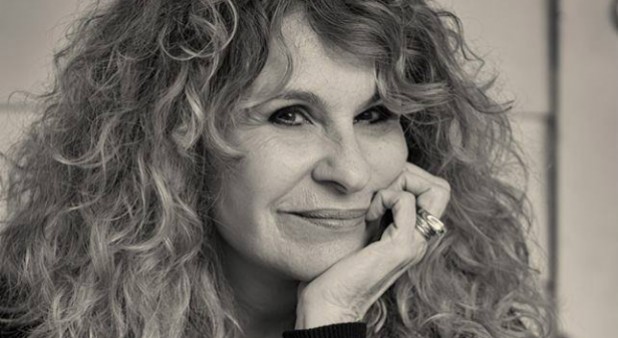
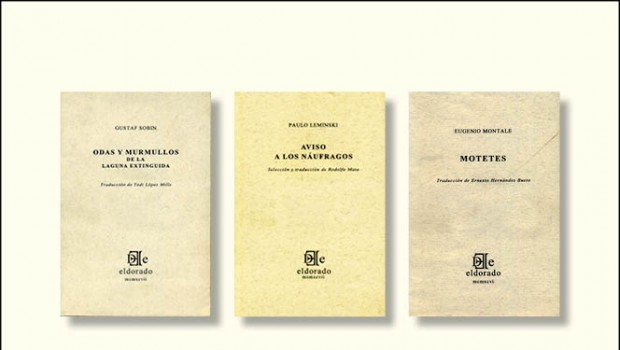
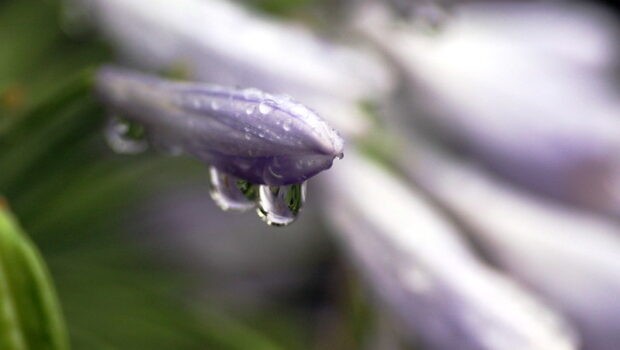
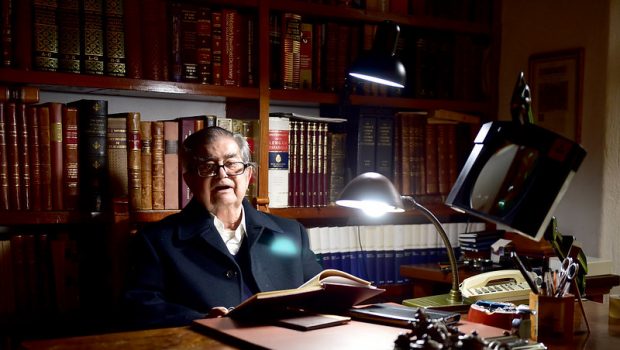
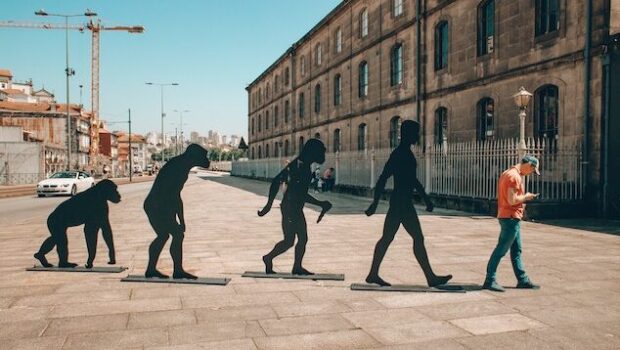

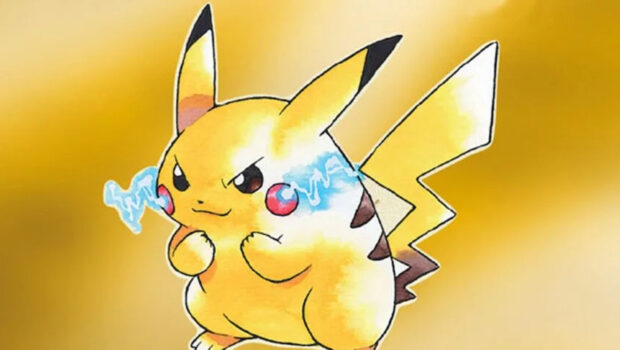

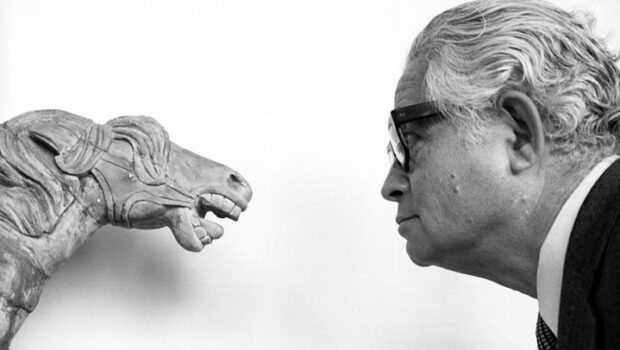
Great read